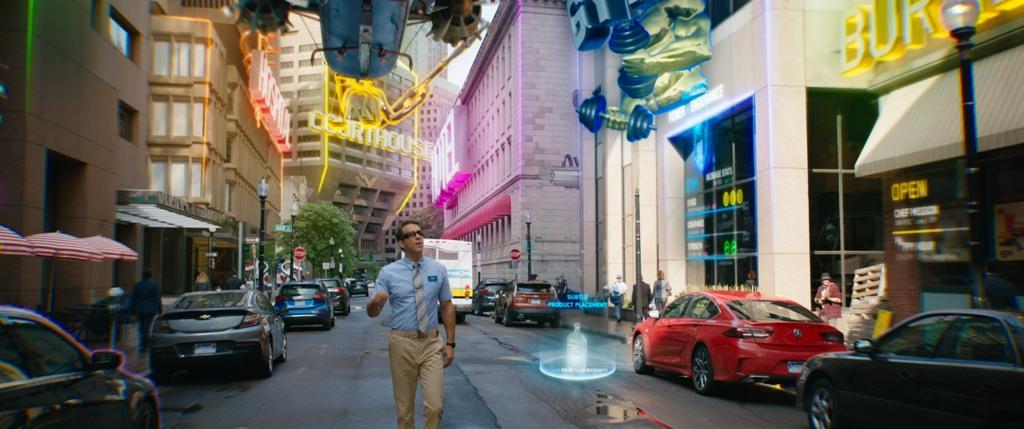PG-13 | 1h 55min | Action, Comedy, Sci-Fi, Fantasy | 13 August 2021 (USA)
Beginning in 1993 with “Super Mario Brothers,” there have been 45 live-action and animated films based on video games released by U.S. studios with another 20 in some form of pre-production. For the most part, these movies do well at the box office thanks largely to the established fans of the games they’re based on, but only seven have a rating higher than a 50 percent on the critic’s Rotten Tomatoes site.






